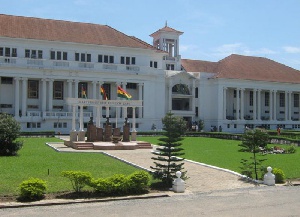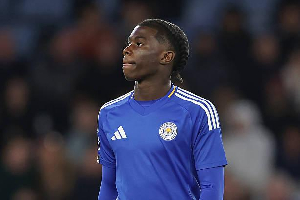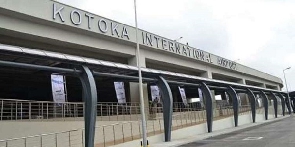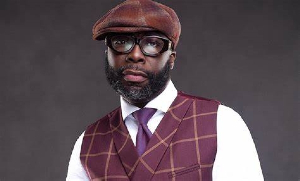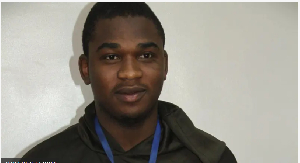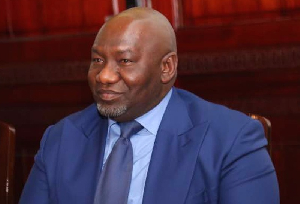The Judiciary, as part of its preparedness towards the resolution of electoral disputes that may arise from the 2016 general election, would intensify training of Judges.
A Justice of the Supreme Court, Mr Victor Jones Mawulorm Dotse, explained that the training programme was to make the Judges fully aware of the new legislation that had been passed by Parliament for the Electoral Commission (EC) to undertake the 2016 elections.
He said the mandate of the Judiciary, under the 1992 Constitution, was very important and that it was the only body that had the duty to review the decisions of the Executive, the Legislature and all other constitutional bodies.
“And to that extent we want to assure the good people of Ghana that we will live up to our mandate to ensure that the democracy that others have sacrificed their tax payers money to support is well managed and maintained,” he said.
Mr Dotse was speaking in Accra during a programme by the British High Commission to announce a 4 million pounds fund for deepening Ghana’s democratic process.
The UK has contributed to five conservative free and fair elections in Ghana over the last two decades, investing over 6 million pounds in 2012 to support the requirements of key electoral management bodies.
The current amount would be used in training and building the capacities of the EC, the Police, the Judiciary and civil society organisations led by the Star Ghana Project in the electoral process.
Other members of the Election Task Force Committee of the Judicial Service which jointly represented the Chief Justice at the event were Justices Paul Baffoe-Bonnie and Sulley Gbadegbe both of the Supreme Court.
“With the support that we are going to receive again from the British Government, we are going to intensify training of all the judges from the district courts to the high court up to appellant courts,” Mr Dotse said.
“We are very grateful to the Government and people of Great Britain for their continued support to the judiciary since Ghana turned to democratic rule several years ago,” he said.
“With the support we had from the British Government we were able to actually train and sensitise all our judges with the result that all election related petitions that arose after the 2012 elections were determined within a very short time,” Mr Dotse said.
The United Kingdom Minister of State for International Development, Mr Desmond Swayne, lauded Ghana for establishing a fierce reputation in Africa as a beacon of democracy; declaring that “whatever government that Ghanaian choose for themselves in November, it is important in my view that you continue to be that beacon of democracy in the region, that other countries would seek to emulate”.
Mr Swayne said because of the fact that Ghana had become a low middle income country this would be the last such investment that UK would be making on democratic structures.
“That is the measure of your success. We expect you as you go forward to be able to fund your democracy. We expect that the November elections will be free and fair,” he said.
The British High Commissioner to Ghana, Jon Benjamin, said the support was the UK’s small contribution towards ensuring a peaceful and credible democratic election in Ghana.
He commended the Ghana Police Service for arresting and extraditing some British murder suspects to face trial back in the UK.
General News of Sunday, 10 April 2016
Source: GNA

